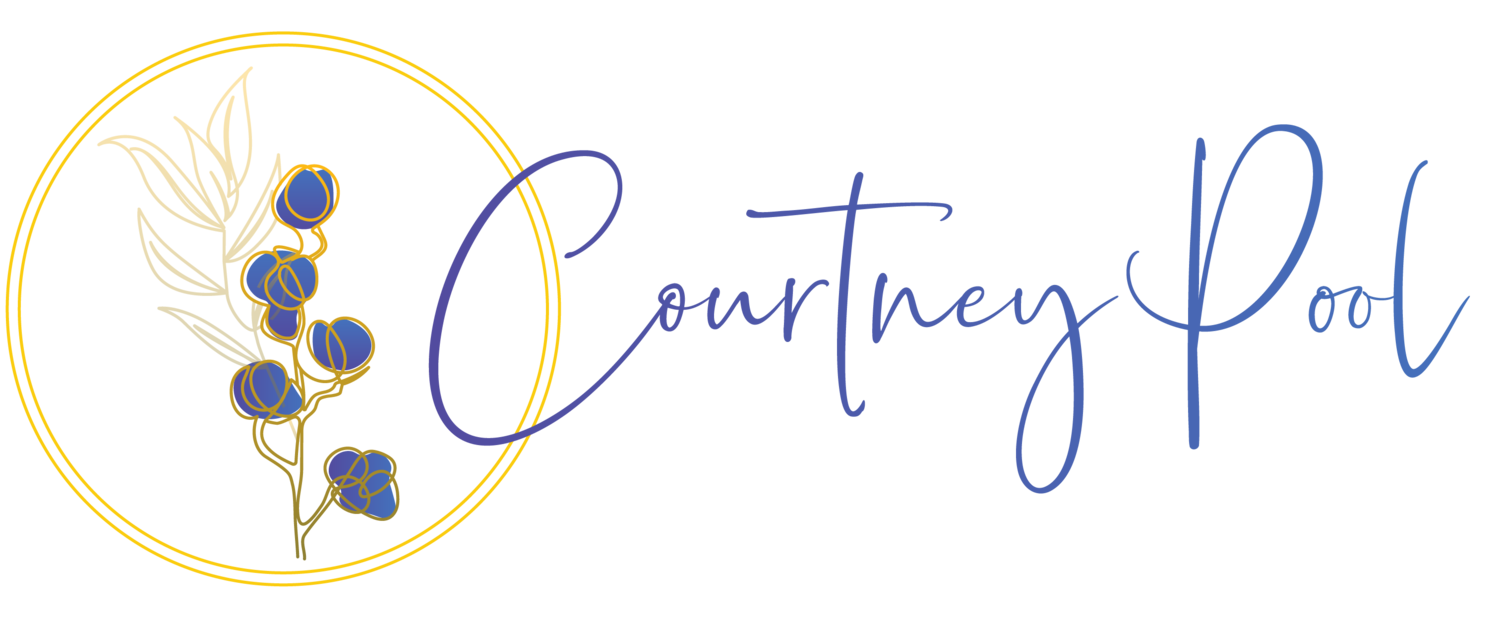When We Heal Compulsive Eating
When I was a junior in high school, I had a Government teacher that looked like a brunette version of Keith Urban. He was a kind-hearted jokester, was smart, and overall a favorite teacher. All of the students respected him, yet we all thought he was super cool, as is usually goes with favorite teachers, and he somehow transformed the subject of Government into one of the most fun and fascinating courses I took.
I remember one distinct experience that made him feel like the most un-relateable person I’d ever met. Somehow food came up (probably someone was eating something), and he said, “I just forget to eat. Actually I don’t totally forget, it’s also just such a chore. You have to remember to do it and then pick something and then eat it. Wouldn’t it just be easier if we didn’t have to eat? I always forget.”
I remember staring at him the rest of the class, unable to absorb what he was saying about caucuses because I was so distracted by his suddenly extraterrestrial nature, and kept studying him, beginning to suspect strongly that he might have been a different genetic species than me.
A progression of “FORGET TO EAT?! FORGET TO EAT?! FORGET TO EAT?!” ran over and over in my head.
This was also the same year I looked up the word “hunger” in the dictionary, because I didn’t know what it felt like. In all seriousness, it was an unbelievably painful time of my life. I oscillated between binge eating and starving myself for days (even though I was an athlete training as long as 4.5 hours each day), and weighing myself about 10 times a day. While I still maintained a thin figure, I was obsessed with everything about food–why I shouldn’t eat it, how I could not eat it, how to get myself to not want it, yet being totally obsessed with it, obsessing about what everyone else was eating, etc.
To me, it was unfathomable what it must be like for someone to forget to eat, or to feel unaffected if they skipped a meal, or to feel fine if they needed to wait to eat for various reasons. To feel like they could take it or leave it. To simply not be obsessed with food.
Healing my relationship with food–really, healing what was/is underneath my relationship with food–has taken a long time and has been more painful and beautiful than I really feel like I can describe in words. But I have reached a place that did feel unfathomable to me before, a place that I truly did not think I would ever get to. I do forget to eat sometimes. I buy chocolate and forget about it in my bag. I have many times each day where I don’t mind if I eat right then or wait a while. Doing Juice Feasts where I don’t eat for weeks does not scare me anymore. I am not perfect by any means and I do eat emotionally sometimes. But when I do, it’s not very much in volume, and I am pretty quick to recognize what’s happening and feel about what’s really going on. And I don’t dwell in guilt, and just return to eating balanced the very next time I’m hungry.
Also, I often wondered whether I would still desire food if I really healed my relationship with food and was at the place that others were at which so perplexed me. I wondered, when I have healed my compulsive eating, will I just think food is boring? Will I not desire food? Will I not enjoy eating?
And in my experience, the answer is no – you will still think food is lovely, you will still have desires for certain foods, and you’ll like eating. But you won’t use food to stuff emotions. You won’t believe that food is going to save you. You won’t feel desperate for it. You won’t get angry when you wait longer to have it. You’ll gravitate towards healthy, plant-based foods from the earth.
Food is an enjoyable, wonderful experience that we get to have on Earth. Just like watching sunsets, or smelling roses, or listening to gorgeous music. It is one of the many joys that we get to have, one that not only nourishes our physical bodies, but also delights our senses and inspires us when enjoyed with Love. Just as you might desire to enjoy the scent of lavender in your home, you will desire the taste and enjoyment of eating, perhaps of a perfectly flavored kale salad with avocado. But you won’t think that flowers or nature or food will solve your problems.
In other words, food doesn’t just become dull or burdensome when you’ve healed emotional eating. It’s just that your eating comes into harmony with Love.
Ask yourself, What would it look like if my relationship with food and eating was entirely in harmony with Love?
And I want so much to hear your answers to that question in the comments below.
